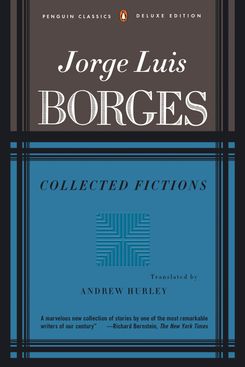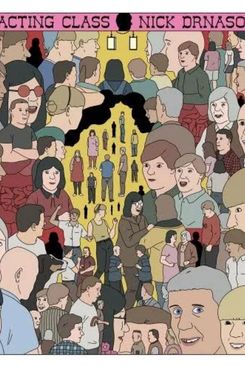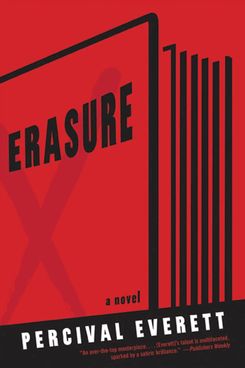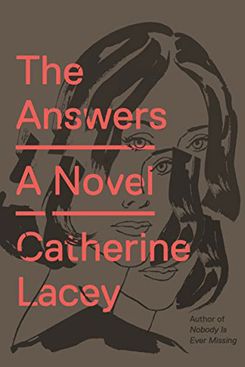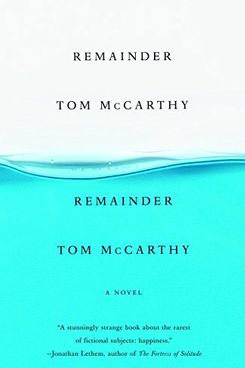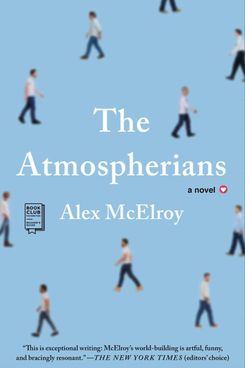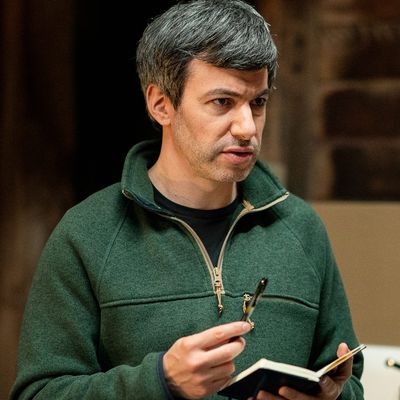
Nathan Fielder’s The Rehearsal is one of the most unique, unpredictable shows that television has seen in a while. If you enjoyed the show’s spiraling plot structures, duplication to the point of absurdity, undermining of authenticity, and thwarting of emotion, we’ve selected eight books that provide the same sort of uncanny feeling. The titles below have little to do with The Rehearsal’s specific subject matter — nothing here about parenting or antisemitism or the Alligator Lounge. It is instead comprised of works of fiction in which the intent of every moment can be questioned — so that what seems like earnestness is transformed into a lie as events unfold with a fractal logic that’s all their own.
Borges’s stories are filled with mirrors, labyrinths, and consistent surprises. The central Borgesian question of where a story comes from is very much at play with The Rehearsal, where Fielder’s own motivations as an auteur are consistently in question. As an example from Borges’s career-spanning collection, consider “Pierre Menard, Author of the Quixote,” in which Menard obsessively decides to re-create Don Quixote by becoming the author of Don Quixote, resulting in a fragmentary work that is at once identical to Cervantes’s text and, according to Borges, eerily different.
The latest graphic novel by the author of Sabrina has a premise that’s redolent of “The Fielder Method,” the episode of The Rehearsal in which Nathan teaches a group of actors his methods of interpersonal observation. In Acting Class, a group of lonely, flawed people sign up for a class and begin inhabiting new lives. All of it takes place under the watchful eye of a calm teacher whose motives are unclear. The subject matter is met with a striking flatness that sometimes bursts open with imagistic revelations.
One of the great metatexts of recent vintage, Everett’s 2001 novel is preoccupied with questions of authenticity. The lead, Thelonious “Monk” Ellison, is a professor and struggling writer whose agent tells him he needs to push the racial elements in his novels. Ellison uses an alter ego to write an interpolated novel called My Pafology, but the project spirals out of control when the book-within-a-book receives widespread acclaim. The feeling of an internal experiment taking on a life of its own and subsuming the primary text is very much like the central setup of The Rehearsal, as what seems like a stand-alone episode — Angela rehearsing parenting — gradually takes control of the entire season.
Kawakami’s excellent 2022 novel is about a preternaturally isolated woman, Fuyuko Irie. She is essentially a cipher, focused only on the excruciating minutiae of her work as a copy editor. She slowly tries to enrich herself and join society, but nothing works. Eventually, she performatively takes on the wardrobe, drinking habits, and perfume of her vivacious colleague, Hijiri, and she briefly comes alive, much as Nathan seems to become more relatable and human when he role-plays people other than himself.
Lacey’s crackling novel is about a vain celebrity actor’s “Girlfriend Experiment,” in which he casts many different women to perform different parts of a girlfriend experience in an effort to create the perfect relationship. The lead, Mary, is “the emotional girlfriend,” so her obligation to the actor is to provide support and pretend to cry in front of him. (Others include the Intimacy Girlfriend and the Anger Girlfriend). Questions of reliability undermine nearly every scene with plenty of twists along the way. As with The Rehearsal’s multiple child actors, the segmenting of a human relationship into discrete parts reveals the performative nature of interpersonal dynamics.
McCarthy’s novel is a startlingly close analog to The Rehearsal: The vague protagonist has suffered a mysterious accident from which he receives a huge amount of settlement money. He uses the funds to make his memories come to life, trying to relearn how to be himself. Things get more involved and repetitive, and the lead eventually hires a slew of actors to fill a perfect recreation of an apartment building with activities ranging from the mundane to the off-puttingly vicious.
Isle McElroy’s debut deals with another aspect of Fielder’s project — the idea of rehearsing in order to start over. The lead, a canceled influencer, plots to open what turns out to be a cult with her friend, a failed TV extra, to try to redeem men from toxic masculinity. Twelve middle-aged white guys, recruited under comically false premises, gather in a derelict summer camp to learn how to “become human.” The rehearsals keep getting more absurd, resulting in delicious satire worthy of an HBO show.
No, I’m not saying The Rehearsal is Hamlet. But: a reluctant-to-act, repressed man dressed in black who delays a pivotal confrontation to the point of absurdity and has a troupe of actors re-create the possible murder of his father by his uncle in front of his uncle just to watch his uncle’s reaction? It’s giving Nathan Fielder.
